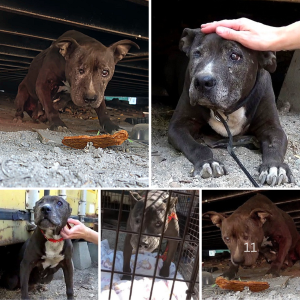The ongoing investigation into Prince’s death has taken a new turn as the U.S. Attorney’s Office and the DEA have joined the probe. Recently, a California doctor came forward, claiming he was contacted to assist Prince with an addiction issue. ABC’s Eva Pilgrim reports how this story resonates deeply in the music industry, known for its complex legal and financial battles.

Prince had long expressed frustration with the music business, feeling it was controlled by accountants and lawyers more focused on profit than artistry. He once reflected on his career, saying he felt he’d achieved all he set out to as a performer and didn’t need to prove anything further. Prince likened his struggles to those of other artists, including Michael Jackson, voicing concerns over the risks artists face when using medication, which he felt left them vulnerable to tragic circumstances.

Prince’s legal and personal battles weren’t limited to his record company, Warner Bros. His conflicts with Sean “Diddy” Combs and Jay-Z had also attracted attention. Reports allege that Prince objected to the way Diddy and Warner Brothers profited from artists without fairly compensating them. This dissatisfaction with the industry led him to start recording his own albums, covering all production costs to maintain ownership over his work. Prince believed his recordings should be his property, as he invested both financially and creatively in them, but Warner Bros. insisted they owned his albums under the terms of his contract.
He famously clashed with Warner Bros. over ownership and royalties, leading to his decision to change his name to a symbol and publicly protest by writing “slave” on his face. In interviews, he spoke about wanting control over his intellectual property, feeling record labels dominated artists’ rights. This sentiment extended to his thoughts on Jay-Z, with whom he had a complex relationship involving Tidal, Jay-Z’s streaming platform. In 2016, Prince’s estate sued Tidal for allegedly releasing 15 of Prince’s albums without authorization. While Tidal claimed to have rights to distribute Prince’s catalog, the estate contested this, citing a lack of evidence of any such agreement.

In his final days, Prince reportedly felt targeted by the industry, as he had become an outspoken critic of its control over artists. He allegedly confided in friends that his days might be numbered. He was found dead in his Minnesota home at the age of 57, with health officials attributing his death to an accidental overdose of a powerful synthetic opioid.
Prince’s legacy in challenging industry norms lives on, and his struggles serve as a warning to many about the potential pitfalls of the music industry. His tragic death has left lingering questions among fans, with many wondering whether his refusal to yield to industry pressure played a role in his untimely demise. Do you think Prince’s battle for artistic freedom ultimately contributed to his premature death? Share your thoughts below.





